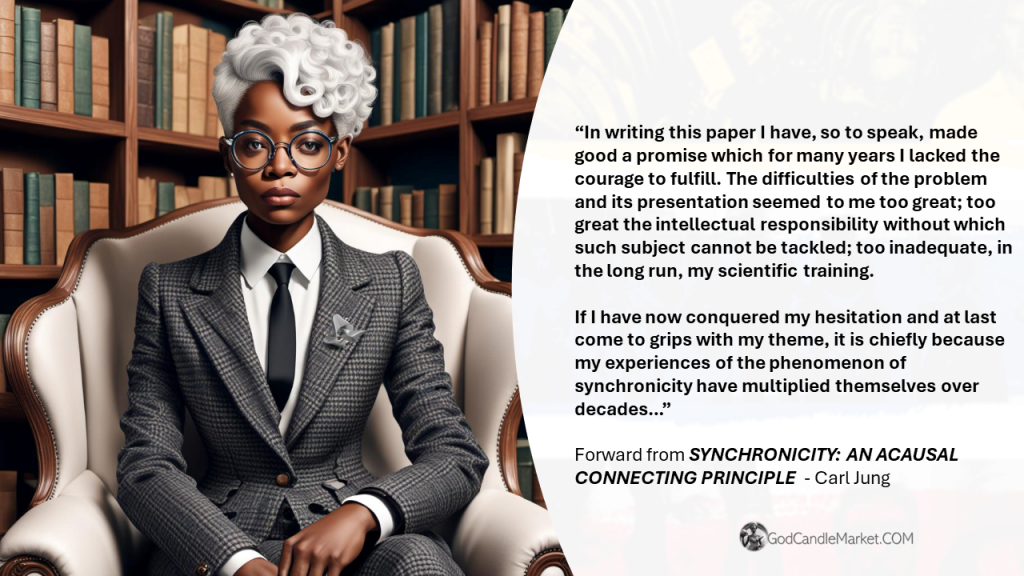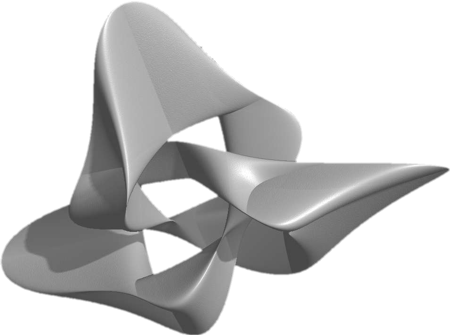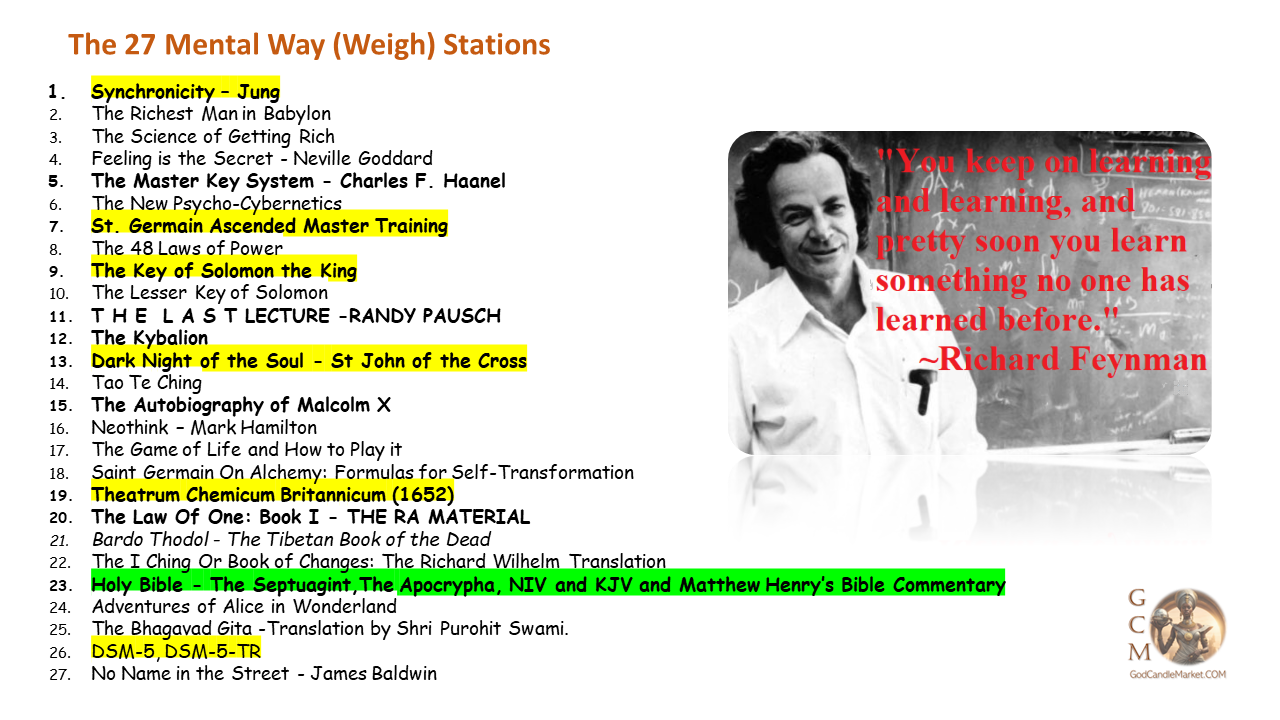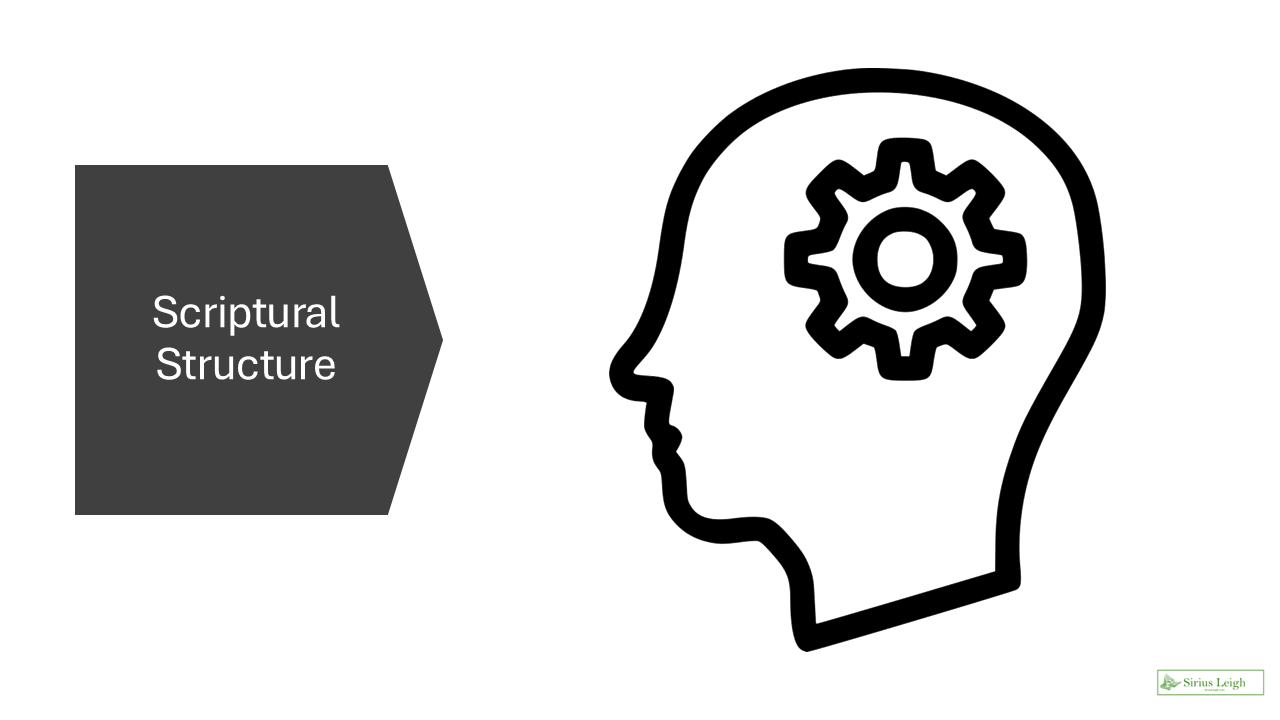
What is Science to You?
“Science is not only compatible with spirituality; it is a profound source of spirituality.” – Carl Sagan
Science is an ever-evolving field that seeks to understand the natural world through observation, experimentation, and reasoning.
Unfortunately, the last 50 years of science fiction movies and procedural crime dramas has created a distortion of what science is. Today’s image of scientist is usually one of 3 geek tv tropes or one assumption.
- The borderline sociopath that can read crime scene DNA by licking anything the perpetrator touched or some other savant like skill. My personal favorites. Gotta love the procedural show savants.
- The lonely, linear thinking, victim of childhood emotional abuse who finds algorithms comforting and refutes heuristics, parables, affection and children. Radiohead or Joy Division is almost always playing somewhere in the show.
- The suffering sardonic who thinks everyone else is so stupid that their every intonation drips with distaste and condescension. We love their efficiency and pity their loneliness.
- Any middle aged white/asian man in a white lab coat is a scientist. Include a pocket protector and the ethos is satisfied.
These popular images of scientists in the media, are so pervasive that the general public has trouble recognizing science outside of these images. Out in the real world where scientists dwell you’ll find that they’re just like any other group of human beings. They come from all walks of life.
In fact, most are quite open to new experiences. How can they hope to make new discoveries if they’re not open to new experiences?
All scientists make two fundamental assumptions. One is determinism—the assumption that all events in the universe, including behavior, are lawful or orderly. The second assumption is that this lawfulness is discoverable.
Scientist use the Scientific Method to discover this lawfulness. You will see, as we progress through the Paths, how we used the Scientific Method to create our process of Elevating the Well.
The scientist and traveler observe the same natural laws. The difference is that the scientist doesn’t call it by name and the traveler treasures it.
The Scientific Method
At the heart of science lies the scientific method, a systematic approach to inquiry that involves several key steps:
- Observation: Noticing and describing phenomena in a systematic way.
- Question: Asking a specific, testable question about the observation.
- Hypothesis: Formulating a hypothesis, a tentative explanation or prediction that can be tested.
- Experiment: Designing and conducting experiments to test the hypothesis.
- Data Collection: Gathering and recording data from the experiments.
- Analysis: Interpreting the data to determine whether it supports or refutes the hypothesis.
- Conclusion: Drawing conclusions based on the analysis and considering implications for further research.
This methodical process ensures that scientific findings are reliable and reproducible.
Notice, this doesn’t dictate what is studied or who studies it. Scientific literacy involves more than just reciting facts picked up on the internet.
Our scientific research began with one pressing question?
How many coincidences are required to investigate the possibly of a pattern?
Is the correlation indicative of a causal relationship?
Is cause unknown the same as no cause?

27 Way–Weigh Stations In the crucible of grief and awakening, I found myself guided not by prophecy,…
Even though I draw heavily from my personal story to illuminate Biblical truth, I want to be…
Tag:4review, what is science


